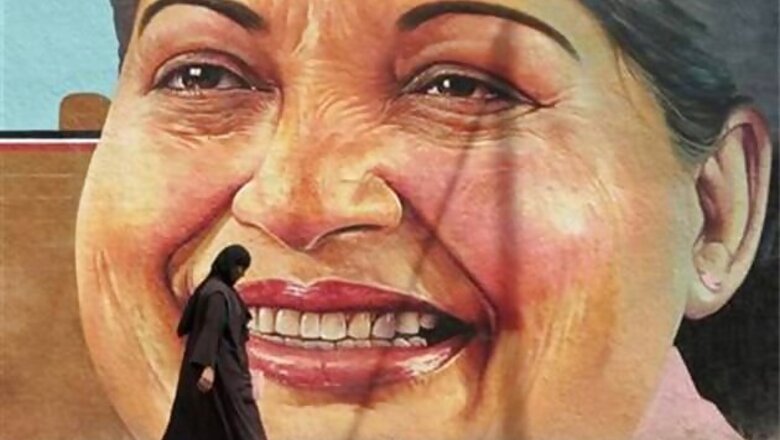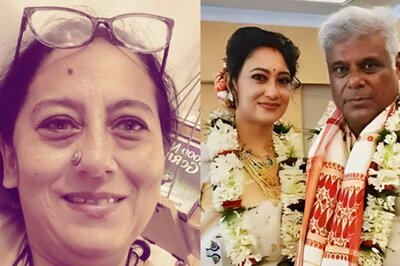
views
New Delhi: Giving women more voice in India's political arena will help end rampant gender discrimination and crimes such as rape, child marriage and female foeticide in the largely patriarchal country, the head of UN Women said.
Some of the most powerful figures in India's political history are women, such as former Prime Minister Indira Gandhi and her daughter-in-law, Sonia Gandhi, who heads the ruling Congress-led coalition government and there are over one million female politicians represented in village councils.
Yet the country's women continue to face a plethora of threats - from female foeticide, child marriage, dowry and honour killings to discrimination in health and education and crimes such as rape, domestic violence and human trafficking.
"Facts are facts. There are challenges we know that India has and we have been speaking to authorities about that," Michele Bachelet, former Chilean president and now head of UN Women, told TrustLaw late on Friday at the end of a three-day visit to India.
"But I truly believe that political participation is a means to empower women to confront all kinds of challenges that they face. When women are not powerful enough and their voices are not heard, they are not prioritised."
According to poll of conducted by the Thomson Reuters Foundation in June, women in India are discriminated against, abused and even killed on a scale unparalleled in the top 19 economies of the world.
Based on parameters such as quality of health services, threat of physical and sexual violence and access to property and land rights, the poll of around 400 experts found Canada to be the best place to be a woman amongst G20 nations, excluding the European Union economic grouping.
Empowerment ends abuse
Bachelet - who was in India to speak at various conferences on women in politics and meet female leaders - said while more women are entering village councils thanks to a law reserving a third of seats for women, they need support to make governance decisions and are still often influenced by men.
She said UN Women was supporting schemes to help women campaign in elections, share their problems and challenges in making decisions through a new virtual knowledge hub, and by providing training in budgeting and governance -- all of which would help them tackle wider issues.
Gender equality in politics will result in the empowerment of women, she said, adding that increased political voice at the top will have a trickle-down effect, helping women to not only fight abuse and discrimination, but also change male mindsets which have for years kept them subservient.
"When you see women playing an important role, you not only change the mindset of girls who see that there is another possible future, but you also change the mindset of men," she said.
Many of the crimes against women are in India's heavily populated northern plains, where, in parts, there is a deep-rooted mindset that women are inferior and must be restricted to being homemakers and childbearers.
In addition, age-old customs such as payment of hefty dowries at the time of marriage and beliefs linking a female's sexual behaviour to family honour have made girls seem a burden.
As a result of such views, 12 million girls have been illegally aborted over the last three decades, according to a 2011 study by The Lancet.
One bride is murdered every hour over dowry demands, says the National Crime Records Bureau, while over 20,000 rapes were recorded last year.
Bachelet said she had discussed the issue of violence against women during her meetings with President Pranab Mukherjee as well as with Sonia Gandhi.
"I have spoken everywhere I have been about how much progress has happened here in India, but also about how much needs to be done. The UN will continue to raise our voice to ensure that women's rights are really secure," she said.
"But our job is not only advocacy, it is also to promote concrete initiatives that can deal with the issue. We need to speak loud and will continue to speak loud, but we also need to ensure that we walk the talk."


















Comments
0 comment